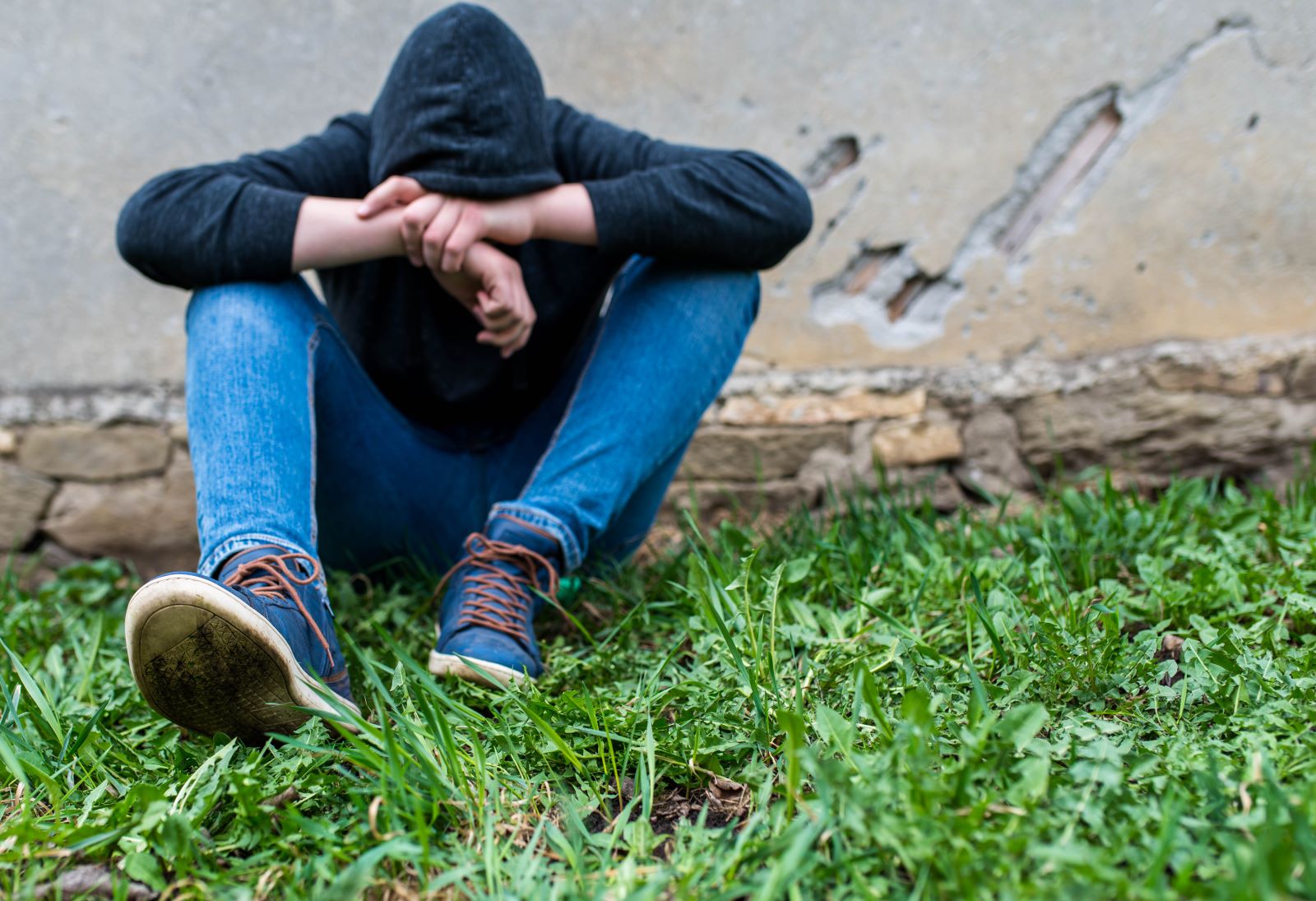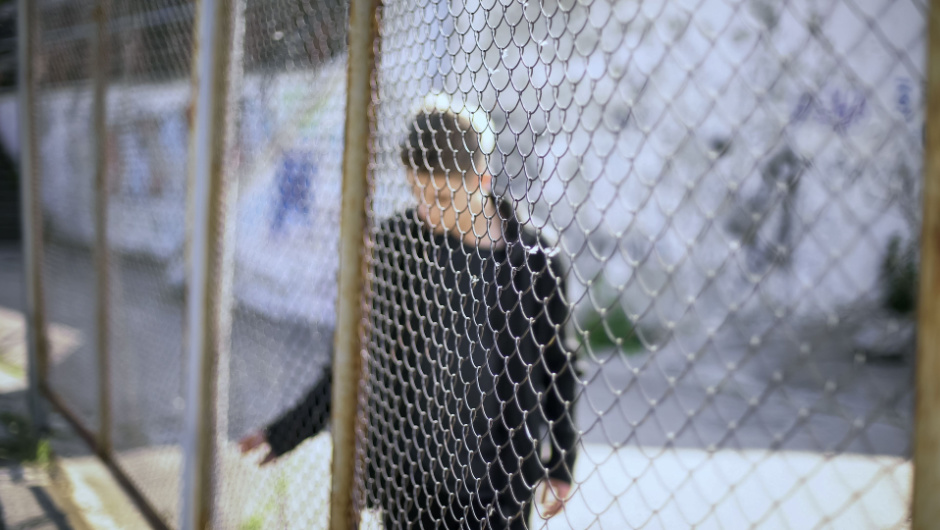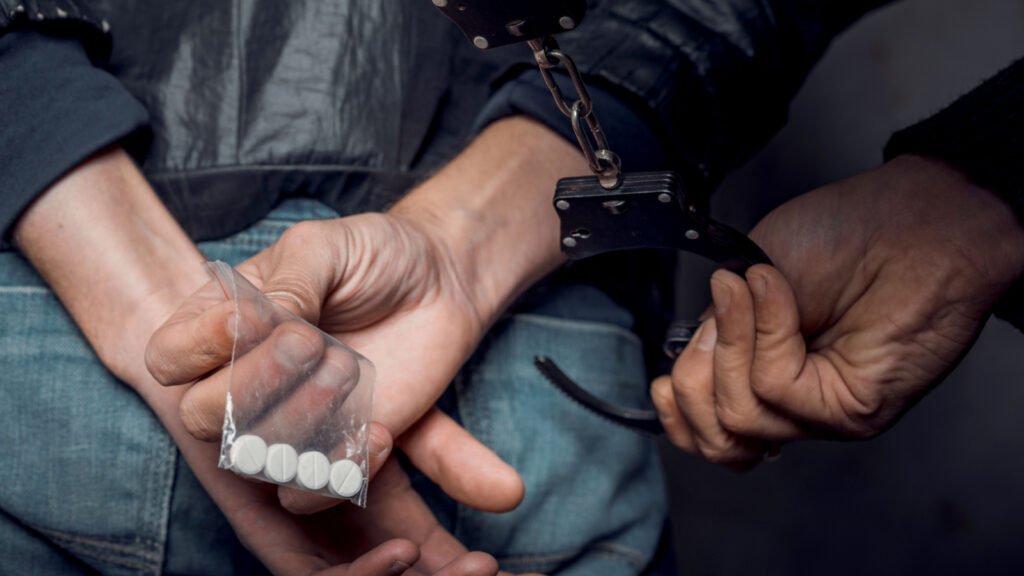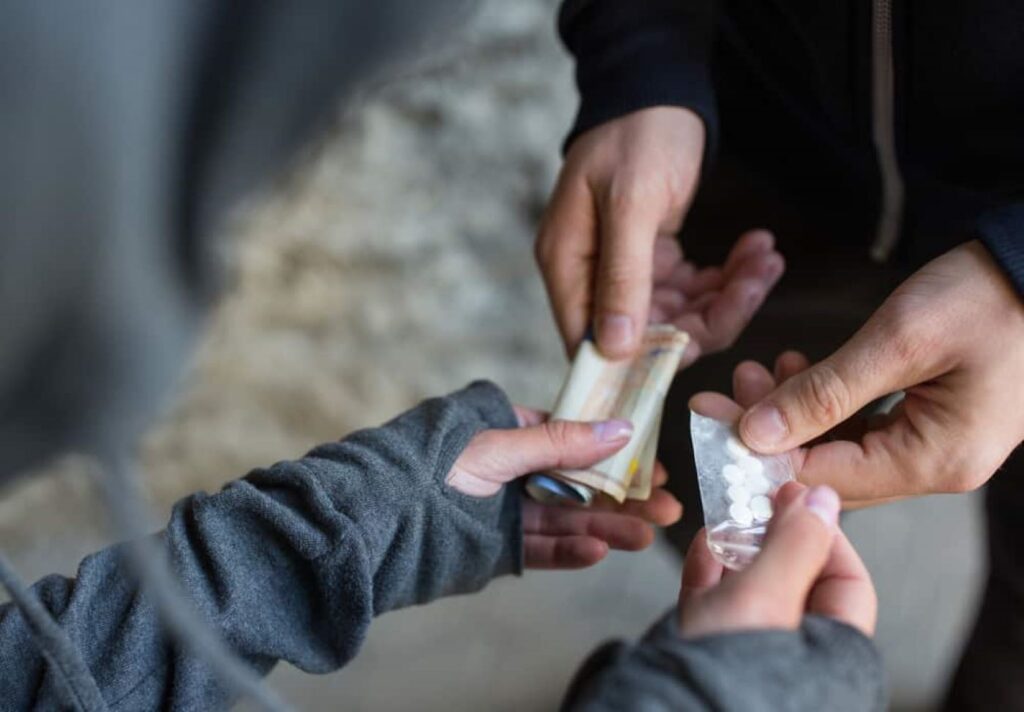Juvenile Crimes Lawyer in St. Louis
Being a young person in this day and age is not always the easiest thing. The current social environment for minors is radically different compared to even ten or fifteen years ago, with the widespread adoption of smartphones and social media permanently altering how teenagers communicate, hang out with others, and generally live their lives. Statistics have shown that teenagers of today have higher levels of depression and anxiety. They are also facing more expectations and dealing with more stress and environmental factors than previous generations of youths.
You don't have to go through this alone. Contact one of our juvenile crimes defense lawyers today at (314) 900-HELP to protect your freedom.
Unfortunately, these factors all come into play whenever teenagers find themselves in trouble with the law. Once a child enters the juvenile justice system, it's quite difficult to get them back onto the straight and narrow and out of that system. At Combs Waterkotte, we understand that in some circumstances good kids just get caught up in bad situations that they have no control over. We are a reputable and knowledgeable criminal defense law firm that has experience with St. Louis and Missouri laws and how they relate to minors.
In the Missouri Juvenile Justice system there are a lot of phrases that are different from criminal court. Instead of being "arrested" a youth is "taken into custody," they are issued a "summons," rather than a “warrant,” they have a "hearing" instead of a "trial," they are "placed" instead of "imprisoned," and they receive "aftercare/supervision" instead of "parole."
In 2012, the Missouri State Senate Judiciary Committee passed what's called "Jonathan's Law." The law requires judges to consider giving juveniles convicted as adults a juvenile sentence, and requires an explanation if they do not.
Law enforcement must make every reasonable effort to contact a parent or guardian. If they wish to waive the right to an attorney or to have a parent or guardian present, a parent or guardian has the right to discuss it with them first. A minor may only be held for up to 24 hours, excluding weekends and legal holidays, unless the court orders a longer detention. Similar to a criminal trial, a juvenile has a right to a lawyer at an adjudicatory hearing and does not have to testify.
When Can a Juvenile Be Tried as An Adult?
A juvenile between the ages of 12 and 17 can be tried as an adult if they are charged with any crime that would be a felony if committed by an adult. The court can generally do so without a hearing, however some charges require a hearing before moving to criminal court:
- Murder/Homicide
- First-degree assault
- Rape
- Drug trafficking
- First-degree robbery
- If they have already been adjudicated on two felonies
At Combs Waterkotte, we believe one of our St. Louis juvenile crimes lawyers' chief responsibilities is working to ensure your child is not tried as an adult.















































